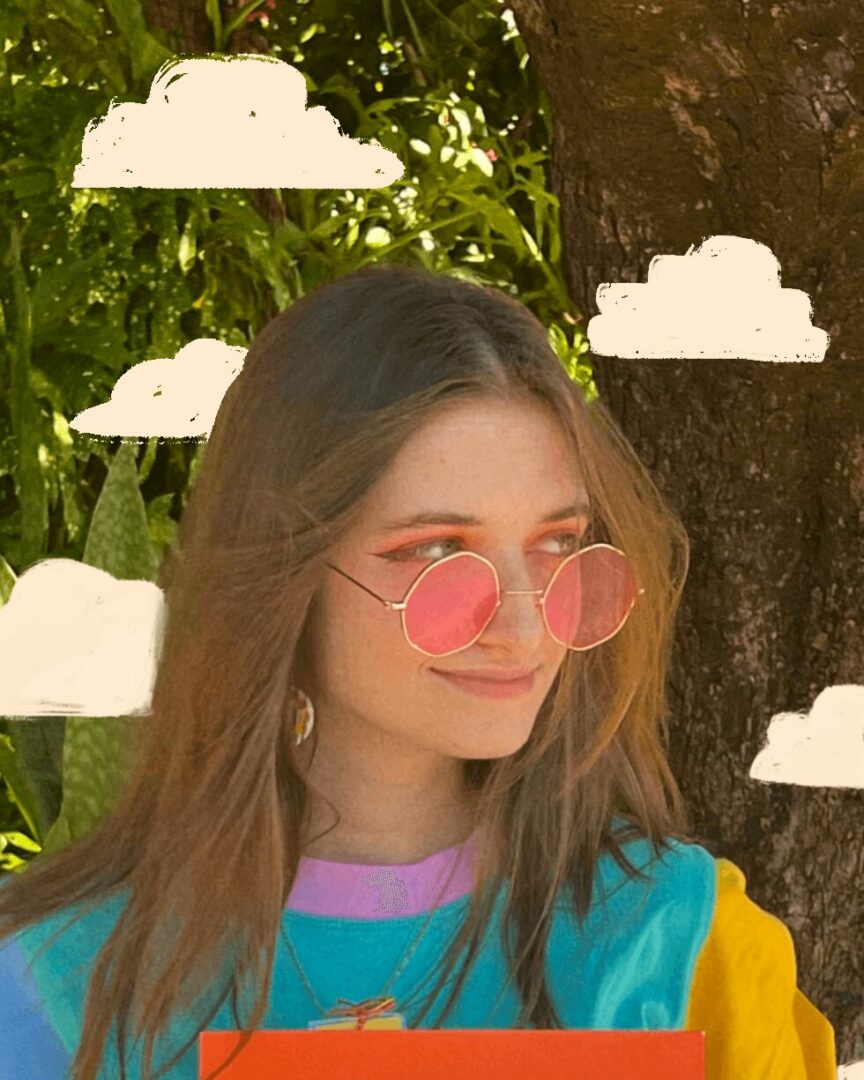We’re excited to introduce you to the always interesting and insightful Saidy Gabriela Burch. We hope you’ll enjoy our conversation with Saidy Gabriela below.
Hi Saidy Gabriela, so excited to have you with us today, particularly to get your insight on a topic that comes up constantly in the community – overcoming creativity blocks. Any thoughts you can share with us?
One of the most terrible forces of nature that may strike a creative is artist’s block. Hurricanes, though horrendously destructive and life-endangering, at the very least have the decency to knock on the door before entering by way of (usually inaccurate) spaghetti models and changes in the wind; but art block knows no such etiquette, and strikes whenever it so pleases, regardless of season.
In giving advice on countering art block, I’m going to disagree with the advice I see most commonly. What I generally see recommended to creatives struggling with the monstrous rectangular prism is to “push through”, brute force-style–to just keep on creating, no matter the dip in quality and offensive lack of inspiration behind the produced pieces.
I’m going to disagree with this; I think the general “take breaks” life advice absolutely applies to art. When I’m faced with a particularly strong case of art block, if I force myself to continue creating, I risk becoming so displeased with whatever uninspired tangles my hands produce that I fall into the trap of wanting to avoid the craft altogether. Instead, I’d much rather create art whenever it calls to me. I never create art simply because I have nothing else to do; it’s because some concept is actively taking a hold of me and throwing my hand onto the paper. And I think that’s the way it should be (if you aren’t a commercial artist or working on some commission, of course)–the art should press you to be made.
Now, what I DO think can be productive during those times, if you simply can’t fathom staying away from art altogether, is to use those times as periods for exercising technical abilities. If you aren’t in a place to draw from the heart, use it as a time for training things that don’t call on emotionality as a necessary footing for existence: practice your understanding of human anatomy, study color theory, study light, study a new medium.
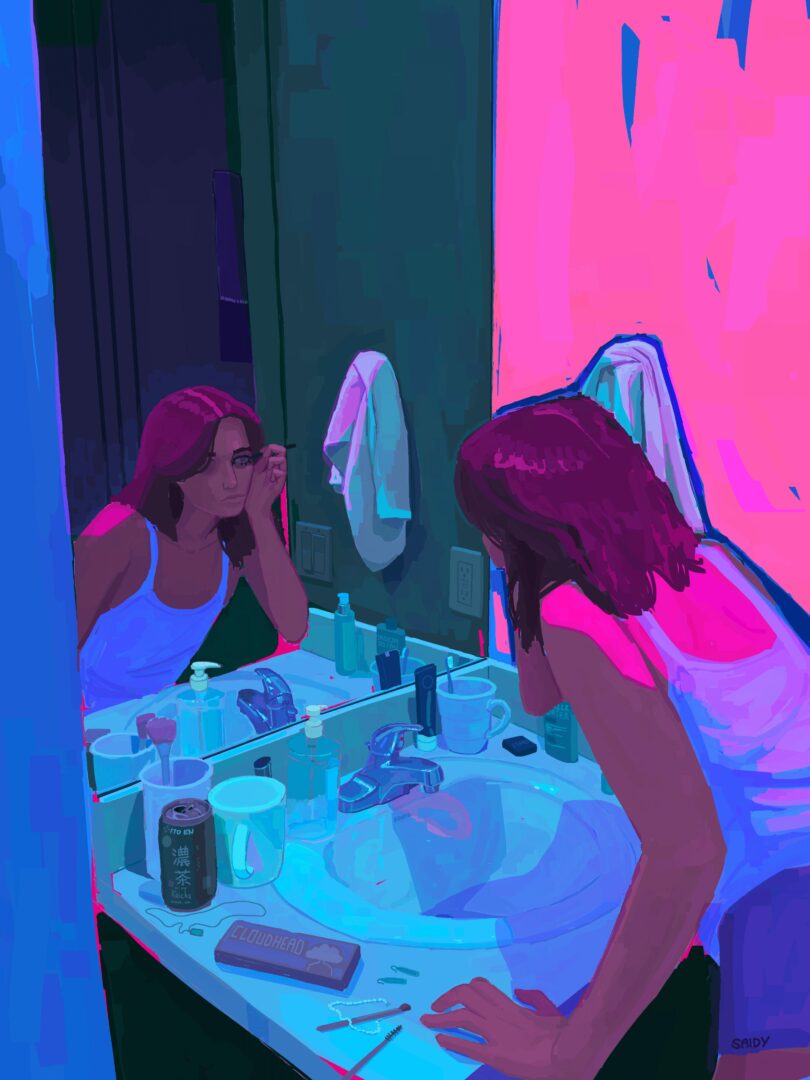
Appreciate the insights and wisdom. Before we dig deeper and ask you about the skills that matter and more, maybe you can tell our readers about yourself?
In all my endeavors, my central aim is to illustrate the intelligent design of the universe. I’ve always been fascinated by interconnectivity, especially areas of overlap that are surprising to most people. The truth is that most everything informs most everything; these lines we draw between fields of study are, though on a human-level useful, at their heart, arbitrary.
Through my visual art and writing, I want to communicate this interconnected beauty, especially by exploring color and emotion. You can find most of my visual artwork at @stargazingrainstorms on Instagram, and a few of my written pieces on saidyburch.com.
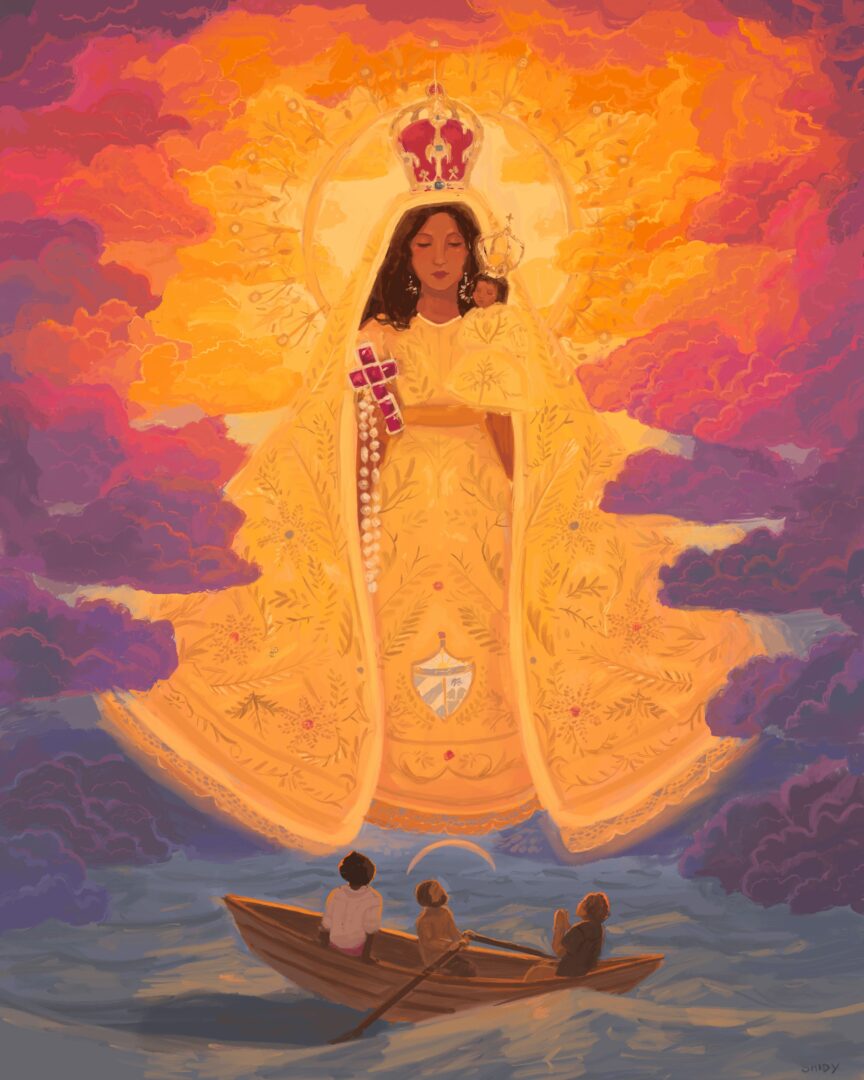
Looking back, what do you think were the three qualities, skills, or areas of knowledge that were most impactful in your journey? What advice do you have for folks who are early in their journey in terms of how they can best develop or improve on these?
I hate to tread into the territory of platitudes, but three qualities I put a lot of value on are:
1. Curiosity: There are stories to be found everywhere. Everything can be interesting if you give it the time of day. Don’t define your opinion on subjects by how boring they were to study in school. Go and learn for yourself! You’ll be surprised how things you never thought would relate to your interests will end up informing your skills, crafts, hobbies, etc.
2. Compassion: In the United States especially, it feels like we’re headed deeper and deeper into mindlessly demonizing the “other side”, whatever that may be. The truth is that most people genuinely believe they are advocating for good. They really do believe they’re doing what’s correct, however much you may disagree with it. View people holding different opinions with kindness. Form friends who keep you thinking. Never stop learning!
3. Persistence: I really do feel like one of those corny posters right now–the ones with the “inspiring” stock images and all that. But in any case: PERSISTENCE! Especially for anyone involved in the arts–you are going to have to get comfortable with rejection, and you are going to have to learn to not take it personally. This is normal in the art world, and does not reflect on your skill. Keep going! Keep applying!
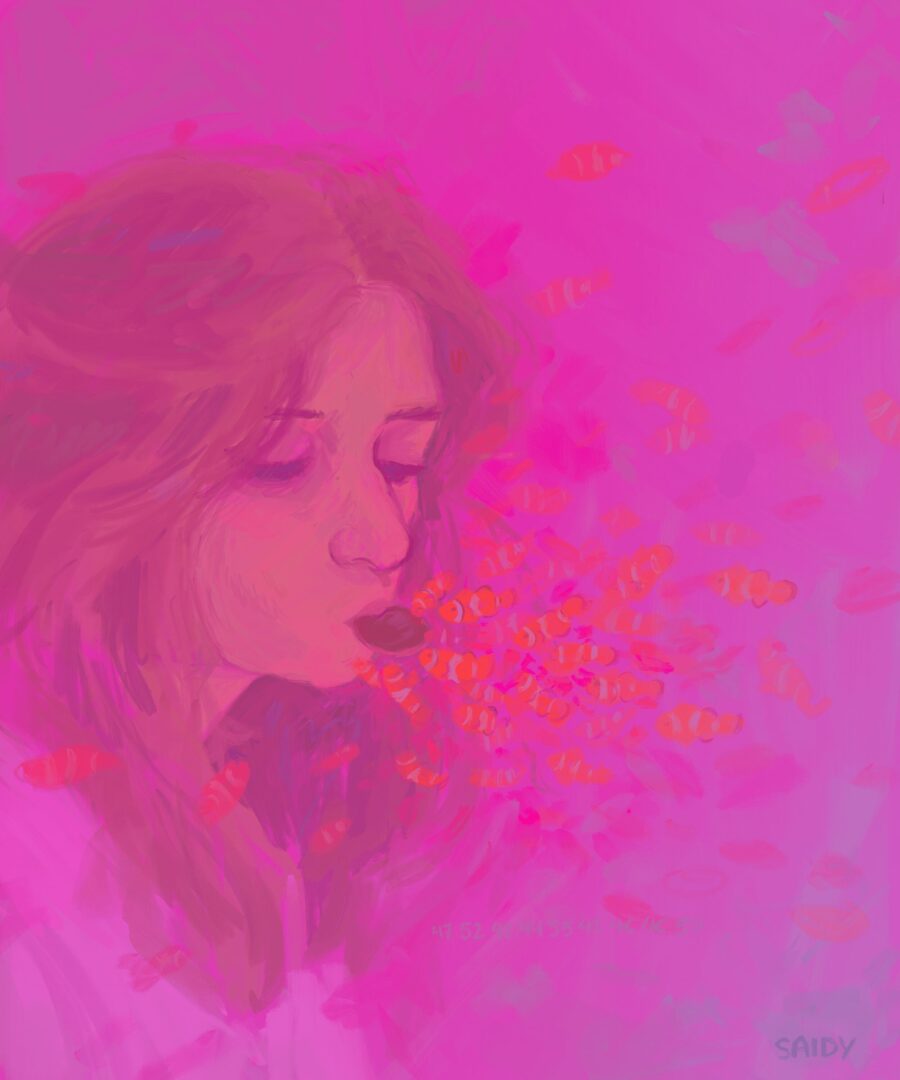
Do you think it’s better to go all in on our strengths or to try to be more well-rounded by investing effort on improving areas you aren’t as strong in?
I would argue that in most cases it is absolutely better to make an effort towards well-roundedness, and, somewhat paradoxically, this is because I think well-roundedness sort of IS another form–in many cases a STRONGER form–of specialization. Everything informs everything, in surprising ways. In exploring new interests and picking up hobbies, you are not wasting time–you are learning more about yourself and about the world, and you will find that this will apply to all the interests you already have. My artwork improved massively as I continued my studies of mathematics and literature, even though I wasn’t taking a single art lesson. If you are curious about something, go for it.
Contact Info:
- Website: https://saidyburch.com/
- Instagram: https://www.instagram.com/stargazingrainstorms/
- Youtube: https://www.youtube.com/@stargazingrainstorms
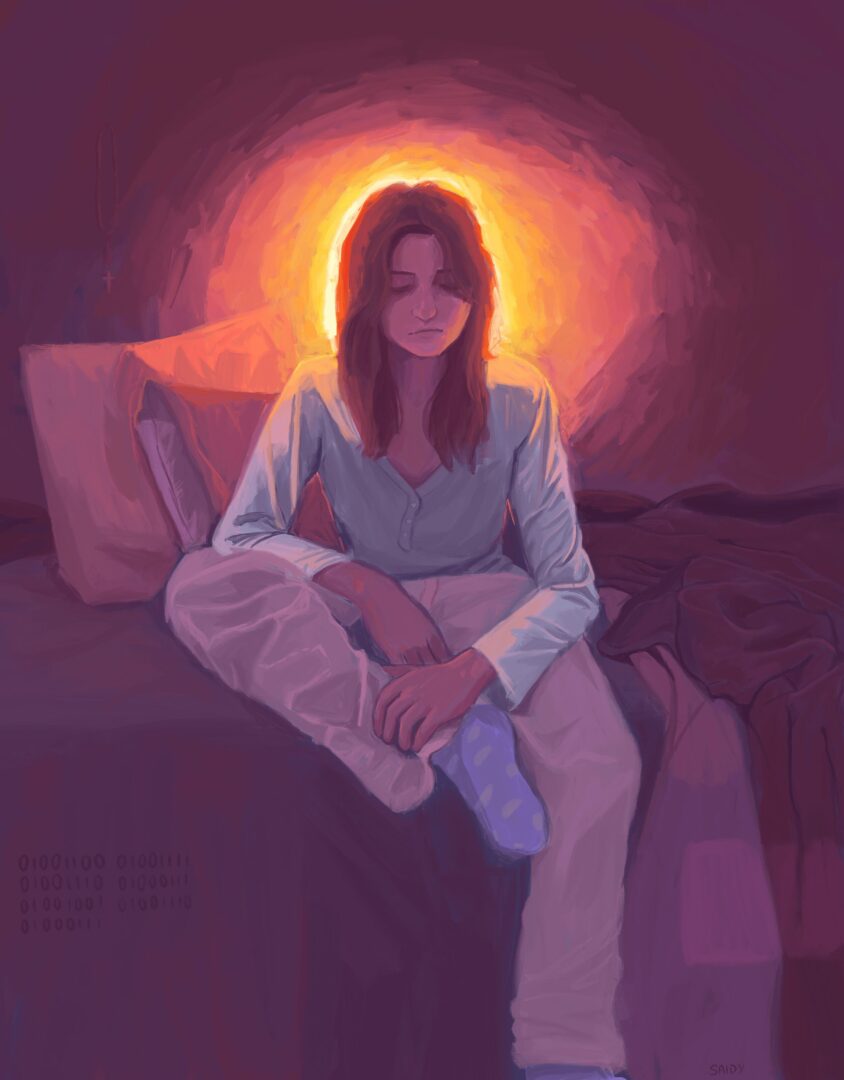
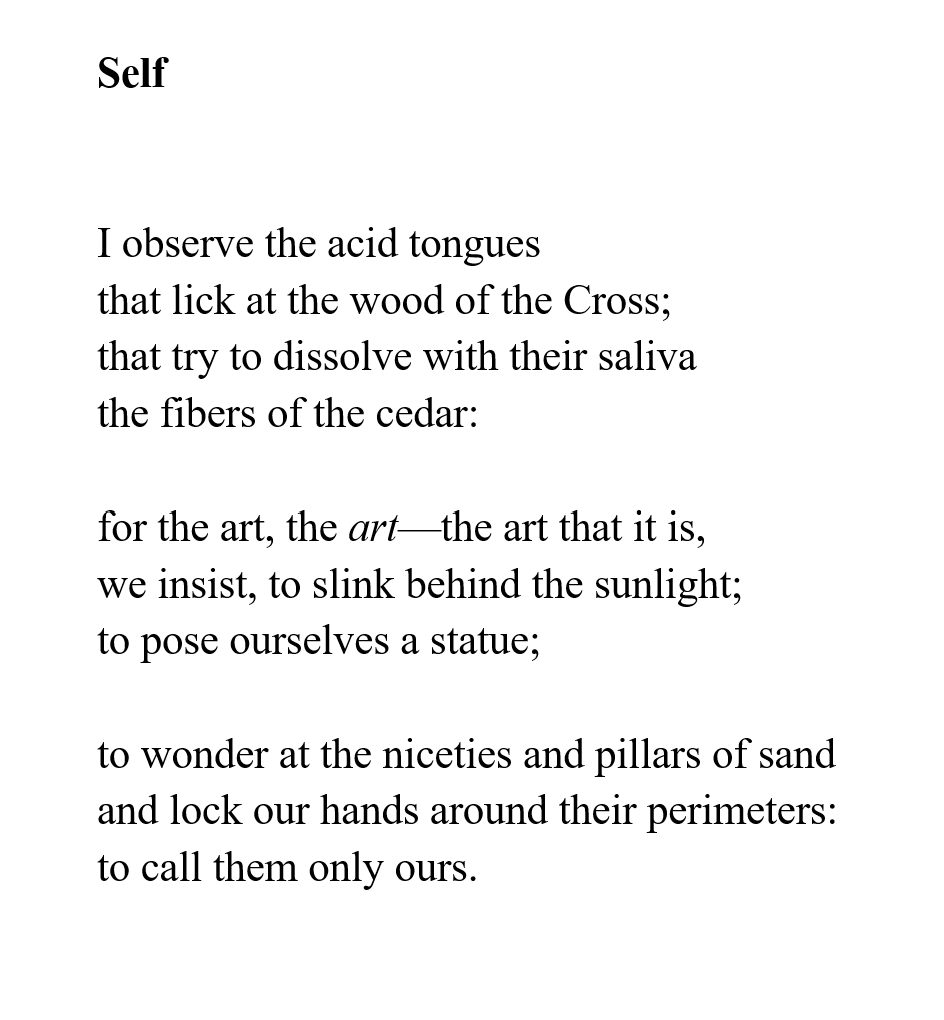
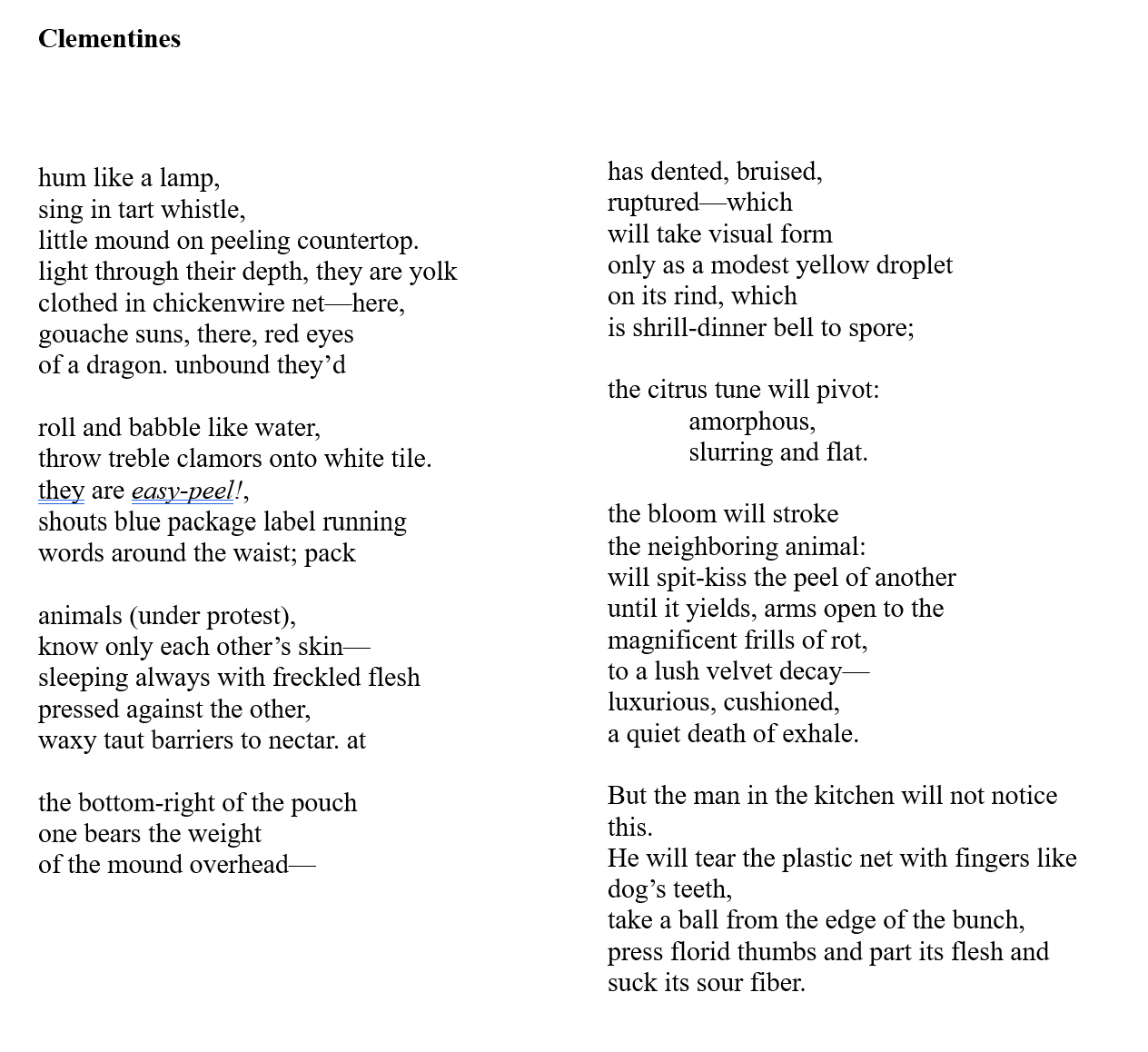
so if you or someone you know deserves recognition please let us know here.

